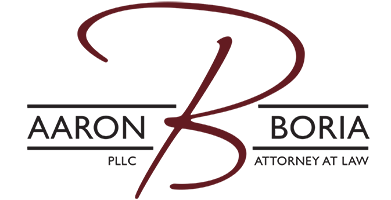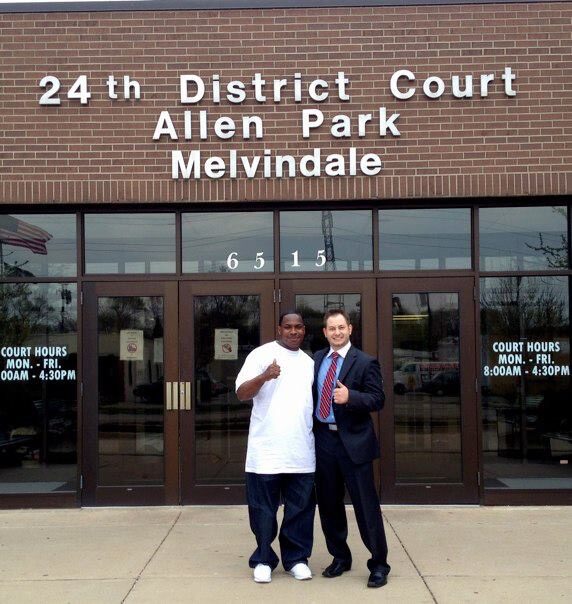
What Happens At An Arraignment?
If you have been charged with a crime you probably have a lot of questions. What will happen to me? Will I go to jail? Will my family, friends, and employer find out about this? What happens with the court procedure?
Michigan criminal defense lawyer, Aaron J. Boria has your answers. Call (734) 453-7806 today or drop by 472 Starkweather Street in Plymouth for a free consultation.
This blog is part one of a series.
Part two “What Happens at a Pre-trial?”
Part Three “What Happens at a Trial”
Part four “What Happens at Sentencing”
What happens at an arraignment?
If you have been charged with a crime the first appearance that you make in court will be for the arraignment.
The arraignment covers two functions: 1. Formally lets you know what you have been charged with, and 2. It sets a bond
- Arraignment – What Crime You Are Charged With
Formal Reading of the allegations against you is where the judge will read to you the “information”. Information is a fancy word for the charge against you, who it involved, and when it occurred.
If you have received a ticket for your charge this may seem obvious, but in some cases the prosecuting attorney may change the charge, increase the charge to something more serious, or add additional charges by the time you get to court.
In some cases you may be arrested and held in jail. The police may not give you much information so you will not know what you are charged with until you are arraigned.
- Arraignment – Set a Bond
Michigan Court Rule 6.106 addresses bond. Bond is basically a promise with the court that you will appear as directed backed by money, so if you don’t appear you owe the court money.
A personal bond means that you do not pay money but if you don’t show up to court then you owe them money.
Some bonds may be worded as an amount and a percentage, for example $10,000 10%, which means you post $1,000, but if you miss court you owe the full 10.
Other bonds can require you to post the full amount that is ordered without the 10 percent.
If you cannot pay the bond you can try a bail bondsmen, and if you cannot pay them then you have to sit in jail while your matter goes through the court system, which can take months.
It is so important to have a criminal lawyer with you to address bond so that you get a personal bond, or a bond low enough so that you can stay out of jail while the matter proceeds through court.
Michigan Criminal Lawyer
Criminal lawyer, Aaron J. Boria defends clients all over the state of Michigan. If you have been accused of a crime make sure that you hire a lawyer that knows the court system, knows how to win, and will get you the best result possible.
Click here to learn more about Aaron J. Boria or call (734) 453-7806 to have a free consultation.





